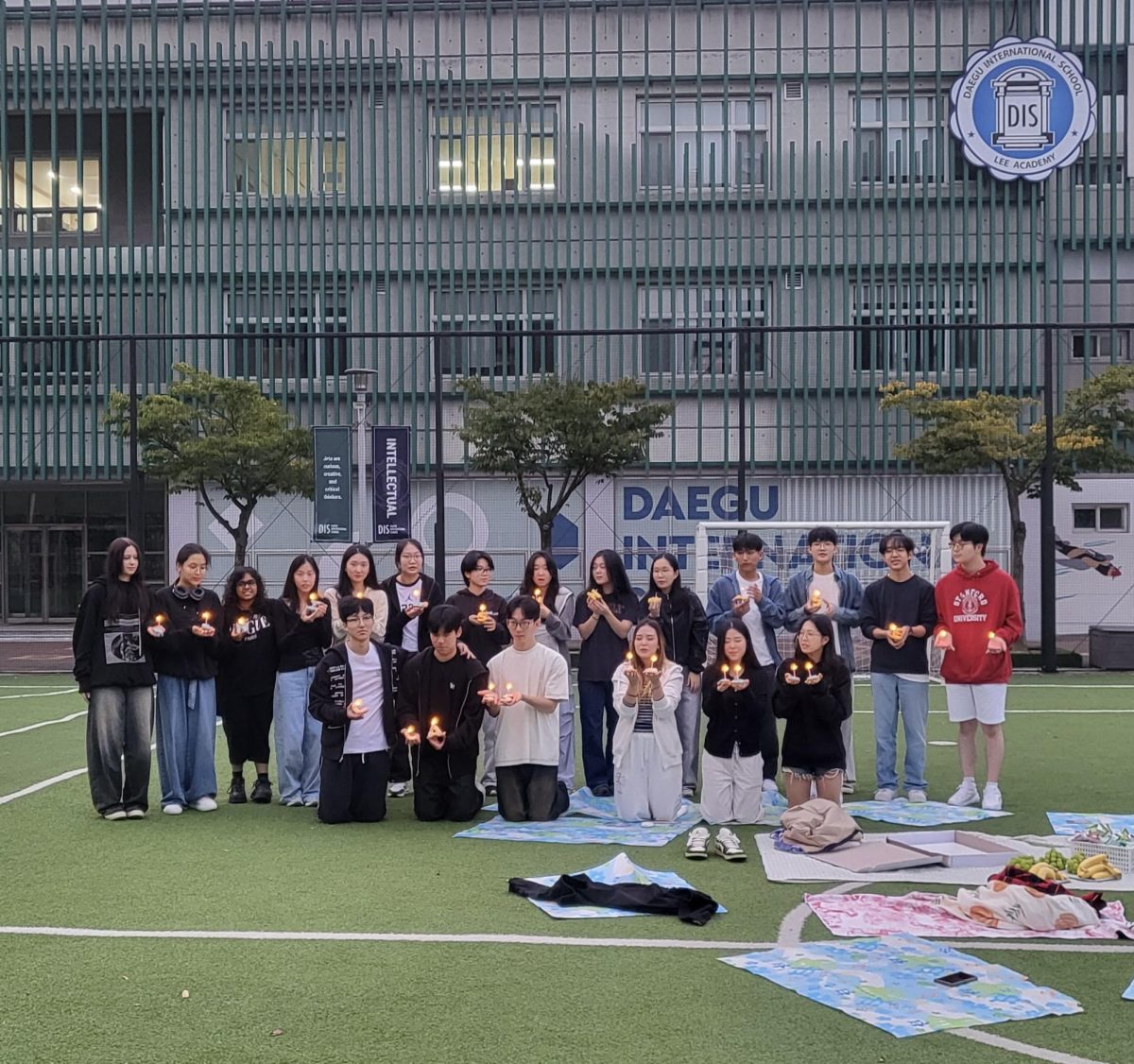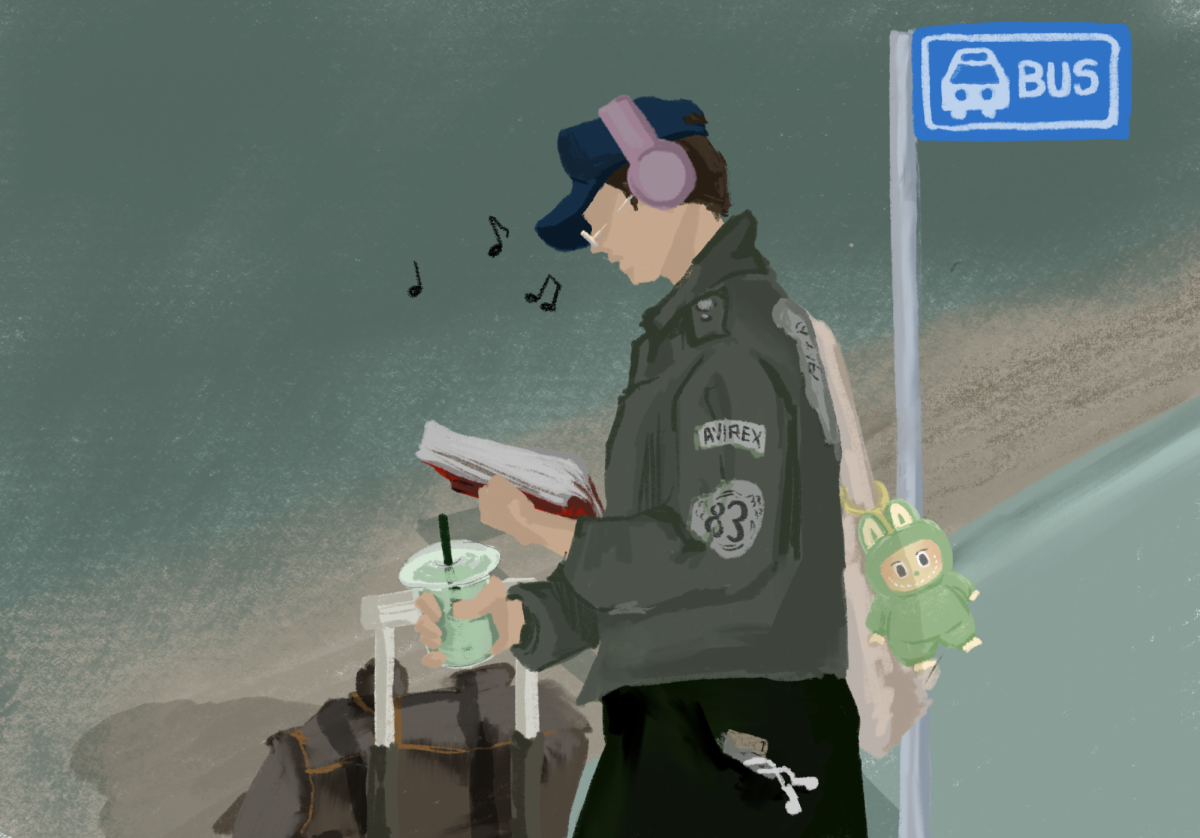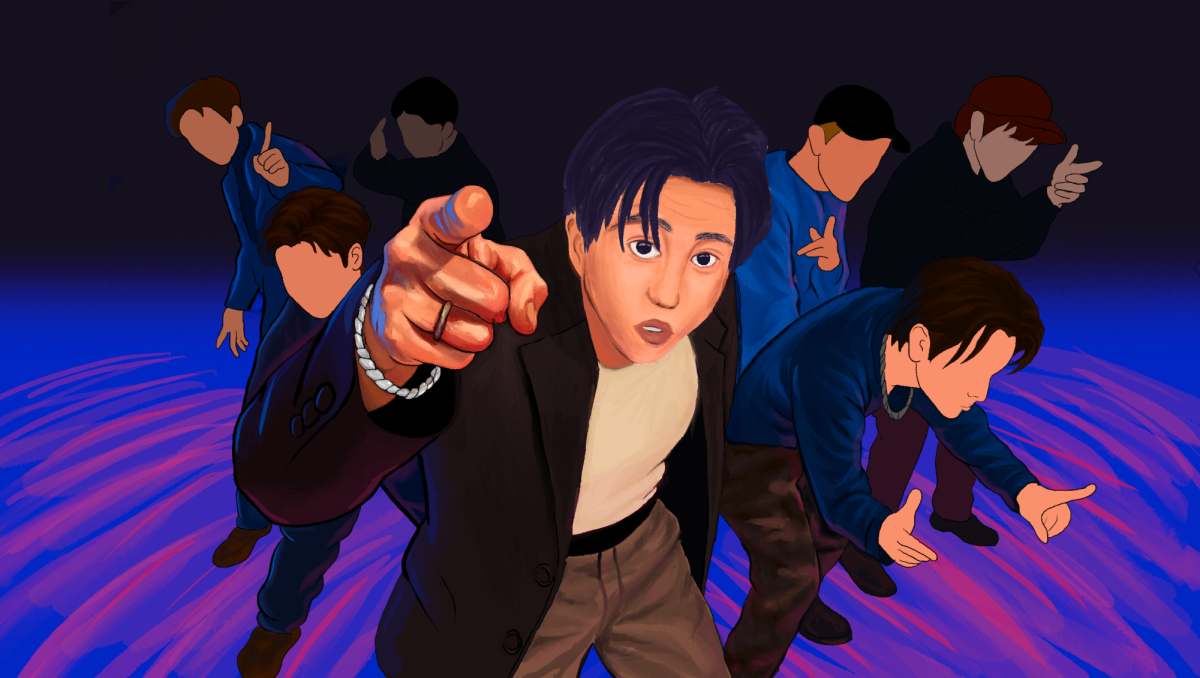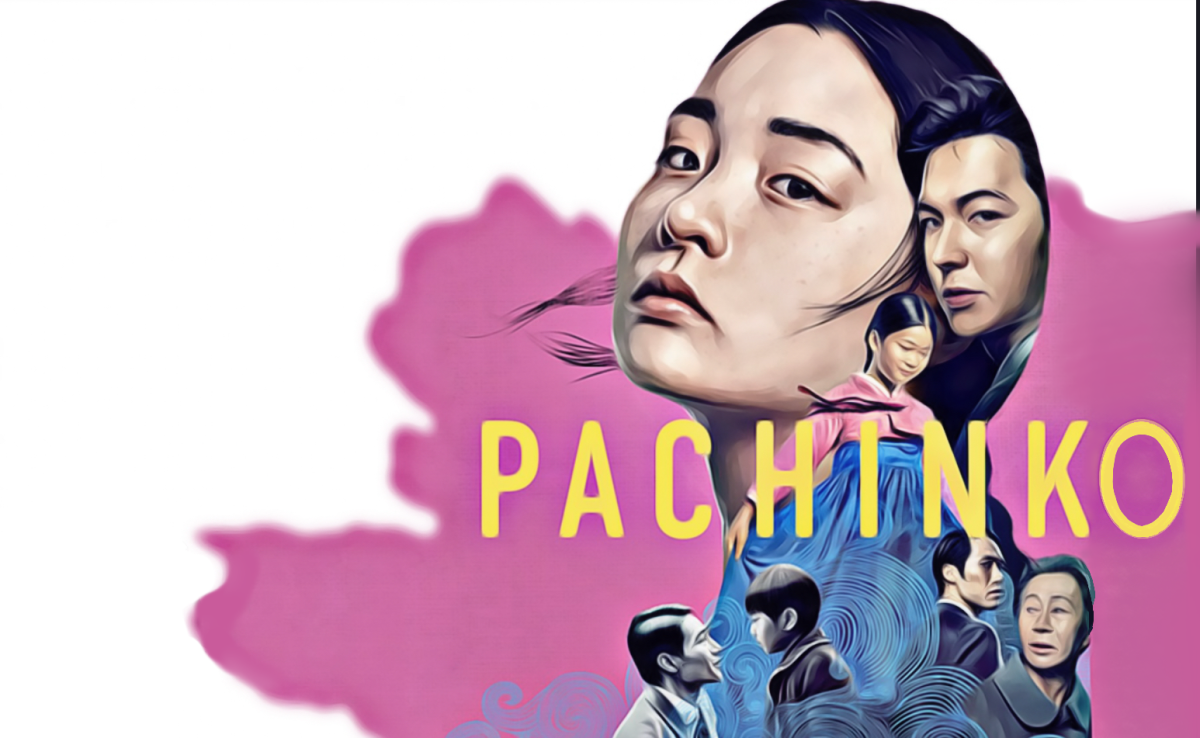“History has failed us,” but Min Jin Lee ensures the future never will. Her bestseller Pachinko explores generations of Korean families who strive to survive and belong in a country that refuses to include them. At its core, the novel invites readers into Korea in the early 1900s, which was colonized by Japan.
Seventeen-year-old Baek Sunja’s quiet but stable life takes a turn when she gets pregnant by Koh Hansu, a married, wealthy fish broker. Rather than live as a mistress under Koh’s wing, Baek chooses to marry a minister, who gives her a chance to live in Japan without shame. In this new country, with no knowledge of its language and culture, she navigates through poverty, discrimination, and questions from Koreans who refuse to accept her as their own.
The novel continues through the lives of Sunja’s sons – Noa and Mozasu– and eventually her grandson, Solomon. While Noa attempts to adjust to blend into Japanese society, haunted by the stigma of his Japanese roots, he ultimately takes his own life. In contrast, Mozasu refuses to assimilate into Japan’s societal expectations. He aspires to pave out a career in pachinko, a gambling industry that many look down upon, to seize power and authority amidst discrimination due to his identity.
Solomon, Mozaus’s son, studies in the West, becomes fluent in multiple languages, and makes a name for himself in the business world. However, this doesn’t make him immune to the ingrained racism that persists in Japan. His continued success as an entrepreneur shatters when he refuses to take the conformed path of a corrupted deal. This decision marks his realization that no matter how well a Korean performs, some systems are designed to throw them out.
While the men often collapse under the weight of racism, the women carry the burden and keep the family together. With their husbands on trial Sunja and her sister-in-law Kyeonghee start to sell Kimchi to survive. Ultimately, they succeed in their business and end up in a restaurant with the permission to do almost anything. These outcomes show how her decision to keep her baby ultimately shapes her family destiny.
Through the stories of these characters, Lee criticizes the racism embedded in society to the degree where the victims themselves are indoctrinated. Social prejudice unconsciously influences each character’s thoughts and behaviors. Sun Ja’s assimilation, Noa’s continuous self-denial, and his brother’s reluctant acceptance offer a stark contrast, highlighting how individuals cope with systematic prejudice. Some adapt, some resist, and many others break down.
One of the most compelling aspects of “Pachinko” is the struggle for identity. Korean by heritage but raised in Japan, the protagonists face alienation, no matter how fluent or assimilated they seem. The contrast between Sunja’s journey to find herself in an unfamiliar region and Noa’s search to find his true roots highlights the generational struggle to define oneself in a country that marginalizes them.
Intergenerational tensions drive the emotional arc of the novel. Each character symbolizes a different approach to survival in an unwelcoming society. Sunja firmly holds onto her roots and passes down resilience. Noa, on the other hand, fails to reconcile his identity with reality. Mosazu and Solomon, while modern in their thinking, still struggle with rampant ostracization in the land they call home.
Even the title “Pachinko” carries a larger meaning. The pachinko game is unpredictable, just like the figures’ lives as they navigate a system full of prejudice. Like how no one can control where the pachinko ball will land, no one can fully control their fate, no matter how hard they work or adapt. Yet, they keep playing. Lee uses this metaphor to show how hope, perseverance, and even luck play a role in survival.
With the idea of fate versus free will, the characters still make choices that shape their lives and relationships amidst limited control over their circumstances. Sunja, for instance, refuses to depend on Hansu’s wealth and decides to raise her son with dignity, even if it means enduring hardship. Noa later distances himself from his Korean identity in an attempt to control his destiny, which ultimately leads to his downfall.
In societies where certain groups are ostracized and silenced, life means more than mere survival – it means staying true to one’s beliefs. Ultimately, the book explores more than endurance – it encompasses the resilience of those who refuse to disappear, even when the world tries to erase them.





















































Jio Kim • Jun 4, 2025 at 7:10 pm
I wanted to read this book sooo much! Reading this review definitely has Pachinko in my summer tbr!!